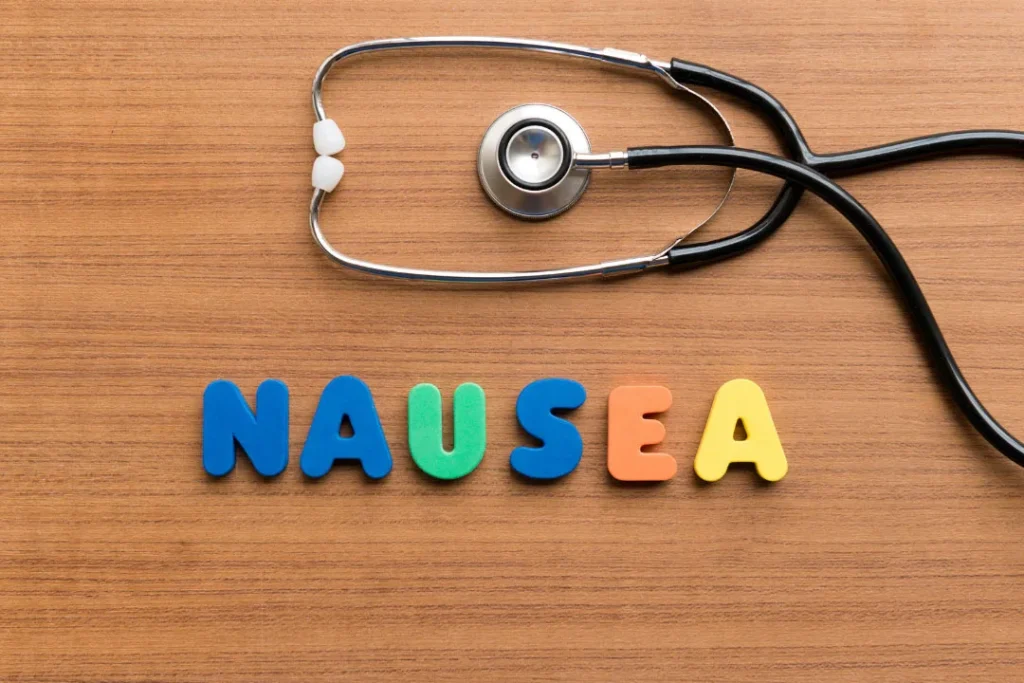Fish oil has gained popularity for its numerous health advantages as a result of being a high source of the omega-3 fatty acids eicosapentaenoic acid (EPA) and docosahexaenoic acid (DHA). The main source of this physiologically active substance is the fatty tissues of cold-water fish, including salmon, mackerel, tuna, and sardines. This essay seeks to give a thorough description of the nature, health advantages, recommended dose, negative effects, possible drug interactions, and the most ethical ways to utilize fish oil as a nutritional supplement.
You May Also Like:
Discover The Power of Omega 3 Brain Repair For Optimal Mental Function
Cod Liver Oil: Benefits, Dosage, Side Effects, Drug Interactions, and Other Important Information
Fish Oil: Benefits, Dosage, Side Effects, Drug Interactions, and Other Important Information is an original (NootropicsPlanet) article.
Nature of Fish Oil
Long-chain polyunsaturated fatty acids, specifically EPA and DHA, are the primary components of fish oil at the molecular level. While EPA has 20 carbons and only five double bonds, DHA has 22 carbons and six double bonds. They are referred to be “essential” fatty acids because the human body is unable to produce enough of them on its own, needing nutritional consumption.
Cell membranes contain both EPA and DHA, which affects how fluid, flexible, and permeable they are. They are particularly important for cognitive and visual functioning since they are concentrated in the retina of the eye and brain, respectively.
Health Benefits of Fish Oil
The anti-inflammatory properties of fish oil, which are mediated by EPA and DHA, are largely responsible for their positive impacts on health. Omega-3 fatty acids have the ability to reduce the production of inflammatory indicators including C-reactive protein, interleukin 6, and tumor necrosis factor by creating eicosanoids, physiologically active lipids that behave like hormones. As research shows, constant low-grade inflammation in the body can cause cancer, diabetes, and also heart disease.
According to extensive studies, taking fish oil supplements may help decrease triglycerides, a form of fat that, at high levels, is associated with cardiovascular disease. The generation of triglycerides in the liver can be decreased by EPA and DHA, improving overall cardiovascular health.
Additionally, omega-3 fatty acids have been linked to improving brain function and perhaps delaying cognitive aging and decline. Particularly DHA, which is an important structural element of brain neurons, appears to be protective against neurodegenerative conditions like Alzheimer’s disease.

Chemistry of Fish Oil
The main components of fish oil, EPA, and DHA, are long-chain polyunsaturated fatty acids (PUFAs), which are classed as fatty acids with long chains. EPA has 20 carbons and 5 double bonds, compared to DHA’s 22 carbons and 6 double bonds. These fatty acids’ distinctive ‘cis’ form, which is necessary for their physiological roles, is produced by the arrangement of these double bonds.
Both EPA and DHA have high levels of unsaturation, which enables them to take part in a variety of metabolic activities that monounsaturated and saturated fats cannot. The body’s molecular oxygen and the carbon atoms in EPA and DHA can interact, making these molecules essential components of the body’s anti-inflammatory and antioxidant reactions.
Physiological Mechanisms of Action of Fish Oil
There are several biochemical processes that underlie fish oil’s positive effects on health. First of all, DHA and EPA have a crucial role in the fluidity, elasticity, and permeability of cell membranes. They alter the behavior of membrane receptors and ion channels as well as many membrane-bound enzymes’ activities.
EPA and DHA cause the formation of eicosanoids, a family of bioactive lipids, when they are integrated into cell membranes. Eicosanoids made from EPA are often less inflammatory than those made from omega-6 fatty acids. This helps to explain in part why fish oil has anti-inflammatory properties.
DHA plays a structural role in neuronal membranes in which it affects the synaptic plasticity, signal transduction, and neurogenesis in the brain while EPA influences mood and behavior thanks to its anti-inflammatory characteristics.
The advantages of fish oil for the heart are well known. By lowering hepatic VLDL (Very Low-Density Lipoprotein) production and secretion and improving triglyceride clearance from circulating lipoproteins, EPA and DHA reduce plasma triglycerides. Additionally, they contain anti-inflammatory, antithrombotic, and antiarrhythmic properties that all work together to support cardiovascular health.

Optimal Dosage of Fish Oil
Depending on a person’s specific health needs and goals, different fish oil dosages are recommended. For cardiovascular health, the American Heart Association suggests two meals of fatty fish per week or a daily dosage of 1 gram of EPA+DHA. Under medical supervision, a larger dose of 2-4 grams of EPA+DHA per day is advised for people with increased triglyceride levels.
Side Effects of Fish Oil
Although fish oil is usually thought to be safe to take, some people may have moderate side effects such as a fishy aftertaste, foul breath, heartburn, and nausea. Rarely, especially at large dosages, it may impair immunological function or create clotting issues.

Potential Substance Interactions with Fish Oil
Anticoagulants and antiplatelet agents may interact with fish oil, boosting their blood-thinning effects. Fish oil could also make immunosuppressants less effective. Thus, it is essential to speak with a healthcare professional before beginning a fish oil supplement, especially for people who are using chronic medications.
Best Responsible Use of Fish Oil
Despite being usually safe, it’s crucial to ingest fish oil in moderation, taking into account any possible adverse effects and drug interactions. Individual requirements and circumstances vary and hence one should always seek direct supervision from their doctors.
Fish Oil:
Conclusion
Omega-3 fatty acids have long been known to improve cognitive health and decrease triglycerides level. These long-chain polyunsaturated fatty acids stem from fish oil and they are involved in several essential biochemical processes and metabolism. Besides, fish oil is also known to have anti-inflammatory properties and can help to prevent numerous diseases such as cancer, diabetes, and heart disease.
Hence, incorporating such nutrient-rich oil into your diet is a great choice to improve your health. Please take note that the dosage needed by different individuals varies and that consulting your doctor is the best way to know the exact measurement of supplements that you need to take into your daily diet. Besides, you should also source sustainably and check if the source comes from a trustworthy seller.

References:
- “Omega-3 Fatty Acids: An Essential Contribution.” Harvard T.H. Chan School of Public Health. Retrieved from: https://www.hsph.harvard.edu/nutritionsource/what-should-you-eat/fats-and-cholesterol/types-of-fat/omega-3-fats/
- “Fish oil.” National Institutes of Health, Office of Dietary Supplements. Retrieved from: https://ods.od.nih.gov/factsheets/Omega3FattyAcids-HealthProfessional/
- Omega-3 Polyunsaturated Fatty Acids: Benefits and Endpoints in Sport. Retrieved from: https://www.ncbi.nlm.nih.gov/pmc/articles/PMC6357022/
Important Note: The information contained in this article is for general informational purposes only, and should not be construed as health or medical advice, nor is it intended to diagnose, prevent, treat, or cure any disease or health condition. Before embarking on any diet, fitness regimen, or program of nutritional supplementation, it is advisable to consult your healthcare professional in order to determine its safety and probable efficacy in terms of your individual state of health.
Regarding Nutritional Supplements Or Other Non-Prescription Health Products: If any nutritional supplements or other non-prescription health products are mentioned in the foregoing article, any claims or statements made about them have not been evaluated by the U.S. Food and Drug Administration, and such nutritional supplements or other health products are not intended to diagnose, treat, cure, or prevent any disease.


